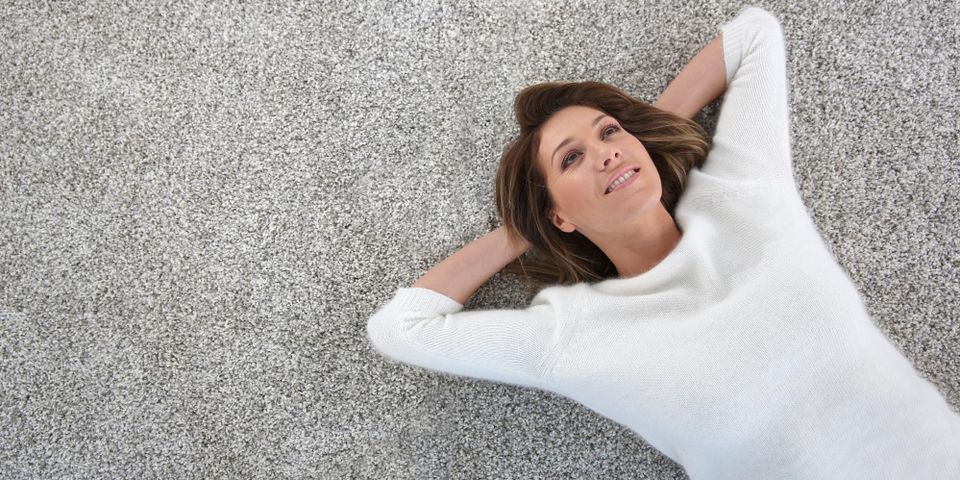What Are the Best Types of Hypoallergenic Flooring?

If you suffer from frequent allergy flareups and asthma attacks, certain features of your home may make the problem worse. For instance, some types of carpet and flooring tend to trap dirt, dust, pollen, pet dander, and other harmful microbes, making your indoor air more difficult to breathe. Therefore, consider replacing it with any of the following hypoallergenic materials.
4 Allergy-Friendly Flooring Options
1. Carpeting
Though carpet has a bad reputation for aggravating allergies, there are several hypoallergenic products on the market. Carpeting made from all-natural fibers, such as wool, tend to cause fewer upper respiratory issues than synthetics. Use a vacuum cleaner with a HEPA filter to keep your carpets allergen-free.
2. Cork
The structure of cork flooring is cellular and dense, which acts as a strong barrier against dust and pollen. This flooring type is especially ideal for dog and cat owners, as it resists pet dander and scratching.
3. Hardwood
 Hardwood flooring naturally resists dirt, dust, and pollen buildup. When you seal and finish hardwood, you won’t have to worry about allergens settling into the grains. Simply sweep and dust mop your wood floors every week or two to remove any microbes that may have collected on the surface.
Hardwood flooring naturally resists dirt, dust, and pollen buildup. When you seal and finish hardwood, you won’t have to worry about allergens settling into the grains. Simply sweep and dust mop your wood floors every week or two to remove any microbes that may have collected on the surface.
4. Tile
Like hardwood flooring, tile does not contain cracks and crevices in which allergens may settle. Use a dehumidifier to prevent excess moisture from growing mold or mildew in the grout and causing allergy flareups.
Upgrade your home flooring to hypoallergenic solutions from A-1 Linoleum & Carpet, Inc. For over 45 years, they have provided carpet, tile, laminate, hardwood, and luxury vinyl flooring materials and installation services to clients in Lincoln, NE, and the surrounding areas. Call (402) 464-3125 to get a quote on products and request an installation appointment. Visit them online to learn more about their competitive prices and warrantied work. Become a Facebook follower for more flooring care tips.
About the Business
Have a question? Ask the experts!
Send your question

